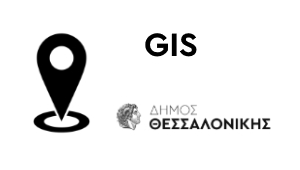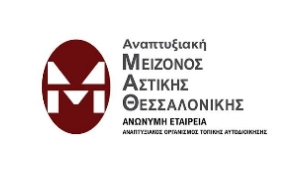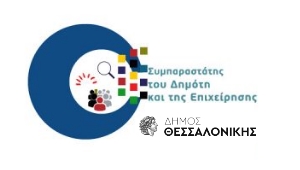Networks in brief
Balcinet – Balkan Cities Network
Balcinet was established by the City of Thessaloniki in 2000 aiming at the promotion of the cooperation between the city members of the Balkan peninsula through the exchange of know-how and the development of friendly, cultural and business relations in the fields of Culture and Sports, Environment and Urban Development.
Members: 32 Balkan cities
EUROPA NOSTRA
Network of Europe’s cultural and natural heritage
Its aim is the promotion of the cultural and natural heritage of Europe.
Seat: The Hague, Brussels
Members: 250 member organisationsIBSC (International Black Sea Club)
It was founded in 1992 in Odessa, Ukraine.
International Black Sea Club is a non-governmental organization uniting several cities on the Black Sea and in its vicinity. It has the status of Observer in the Black Sea Economic Cooperation organization and the special Consultative Status with the United Nations Economic and Social Council.
Members: 27 citiesThessaloniki participates as an associate member
European Cultural Route of Saints Cyril and Methodius
The Network of the European Cultural Route of Saints Cyril and Methodius is an international network, which seeks to promote and preserve the unique cultural heritage based on the mission of the two Saints in the early Middle Ages.
Its activities promote the living legacy of Cyril and Methodius and the Christian roots and values based on respect and dialogue between people of different cultures and faiths. The City of Thessaloniki as the birthplace of the two Saints and as a Byzantine city as well, is an active member of the network.Seat of the Secretariat: Zlin, Czech Republic
Members: 12 cities and organizationsEUROCITIES – The network of major European cities
EUROCITIES is the network of major European cities and it was founded in 1986. Through six thematic forums, a wide range of working groups, projects, activities and events, it offers members a platform for sharing knowledge and exchanging ideas. The objective is to reinforce the important role that local governments should play in a multilevel governance structure. It aims to shape the opinions of Brussels stakeholders and ultimately shift the focus of EU legislation in a way which allows city governments to tackle strategic challenges at local level.
Seat: Brussels, Belgium
Members: over 130 of Europe’s largest cities and 40 partner cities


















